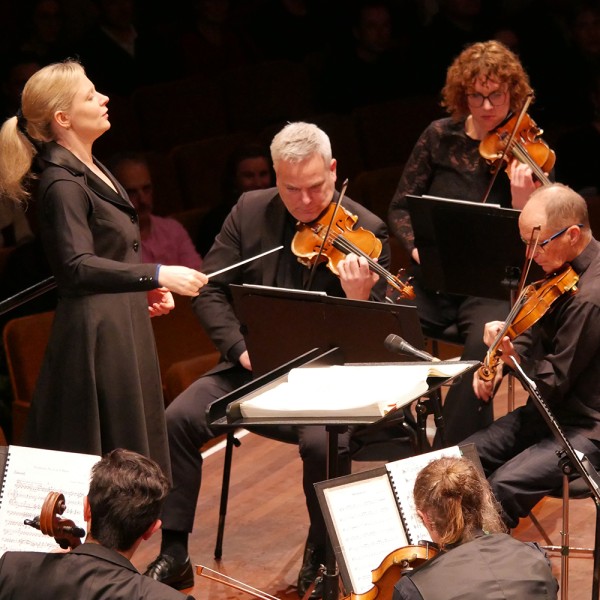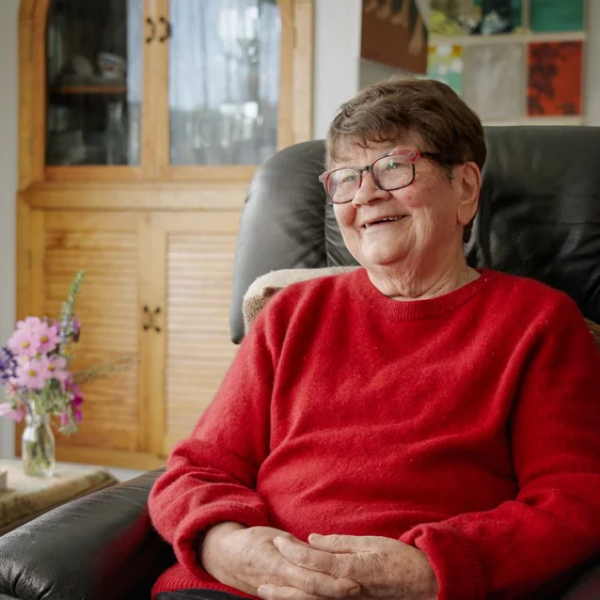
Over and Out
Written by: Jackson Burling
Directed by: Simon Leary
BATS Theatre, 19th Sep 2025
Reviewed by: Tanya Piejus
Jackson Burling was told one thing: never become a truck driver. In Over and Out, part of the TAHI: New Zealand Festival of Solo Performance, he digs into the why of not following in his dad’s footsteps through an interview with diehard trucker Murphy, bringing us along for a joyous ride of emotional discovery.
Verbatim theatre has become an increasingly popular form in recent years for bringing authentic voices to the stage. Through Murphy, “a real guy being real”, we understand the hard and often-underappreciated life of New Zealand’s long-distance drivers. The hours are brutal, you’re always away from home and miss time with your kids, you subsist on junk food and V, you have to sleep in the back of your cab… There are many reasons not to choose this career, but it’s clear by the end of this 50-minute performance that those who do choose it love it with a passion that transcends the drudgery.
Burling is a superbly talented and highly engaging writer and performer. Under the expert guidance of director Simon Leary and with a stellar lineup of tech support, his tale goes far beyond the mere replaying of Murphy’s on-the-road interview. He jumps effortlessly between himself and Murphy with nothing more than a trucker’s cap as a prop. He also interacts with a projection screen (design and videography by Rebekah de Roo) and perfectly timed sound effects (Oliver Devlin) to tell his own story of choosing performance over driving. I won’t spoil the surprise of what a very clever lighting effect (Jacob Banks) does to represent his dad. Even Burling’s cell phone is part of the multimedia brilliance.
All of this could have been self-indulgent, but it’s entirely not. At the core of Over and Out is the relationship between Burlings junior and senior and it’s one that is beautifully revealed over the course of a warmly funny and innovatively produced show about taking your own path in life.











